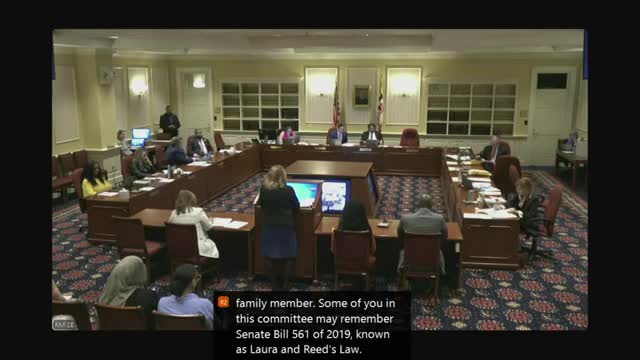Article not found
This article is no longer available. But don't worry—we've gathered other articles that discuss the same topic.
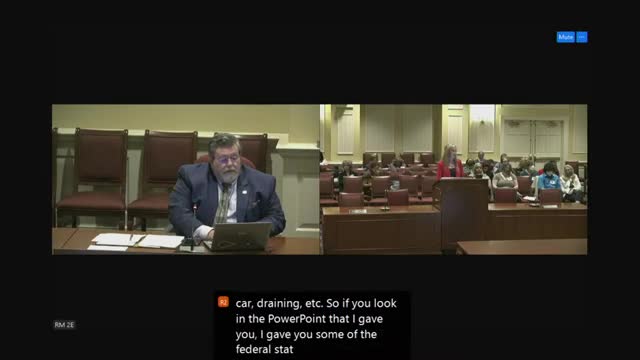
Opponents warn 'Unmask Hate Act' would endanger mask‑wearers and chill protest; proponents cite masked extremist violence
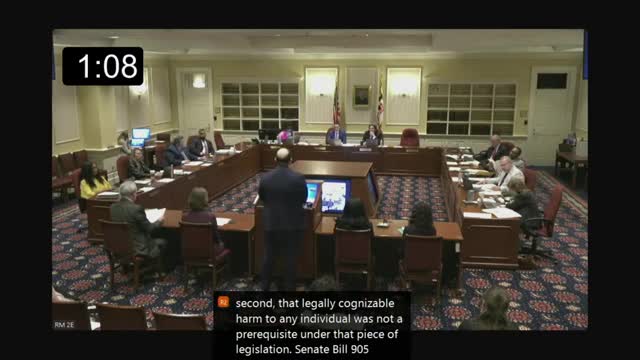
Sponsor argues new felony needed to target coerced or forced ingestion of abortion drugs; advocates testify
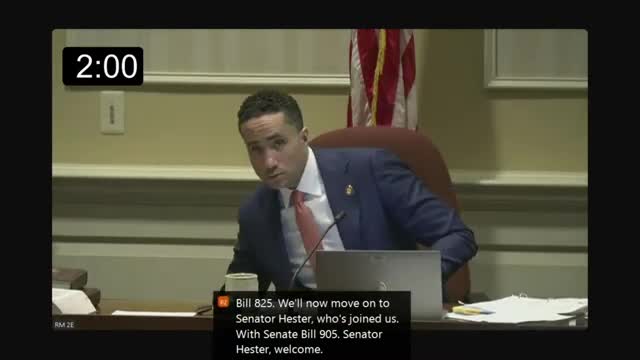
Prosecutors and sponsor push Maryland to update identity‑theft law to cover AI deepfakes
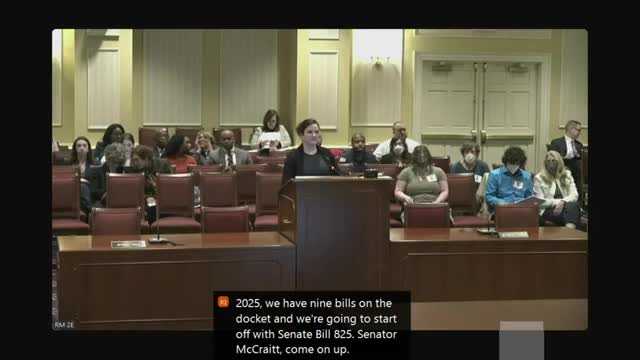
Baltimore officials, enforcement officers urge committee to extend felony assault protections to parking, traffic and special enforcement officers
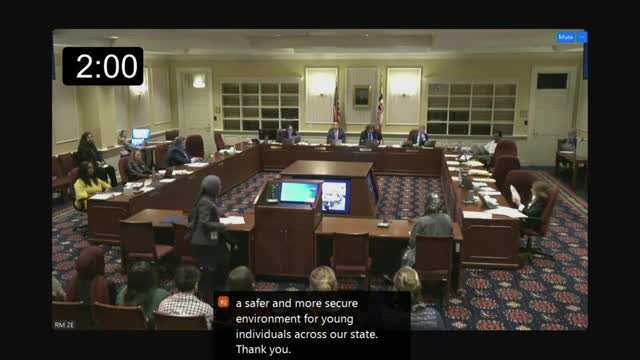
Sponsor seeks resentencing avenues, cannabis law restructuring and tougher penalties for ghost guns
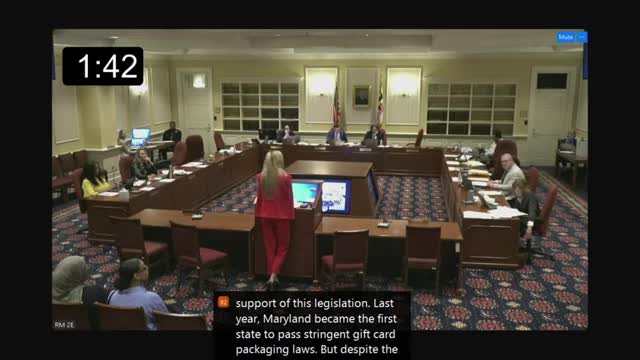
Sponsor seeks third‑degree assault classification to reserve heavier penalties for higher‑harm cases
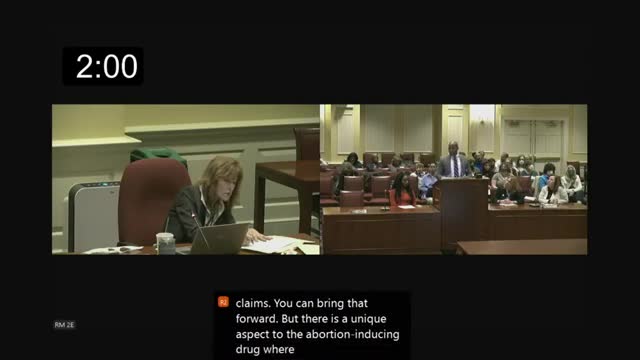
Students and civil‑rights groups back bill to ban doxxing of students; prosecutors, campus concerns discussed
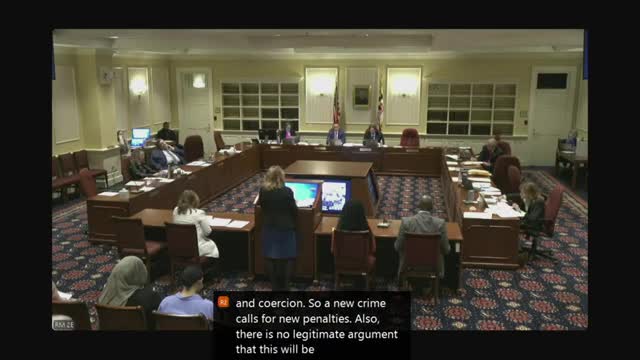
Retailers, AARP urge stronger criminal penalties for gift‑card fraud; bill aims to close prosecutorial gaps
